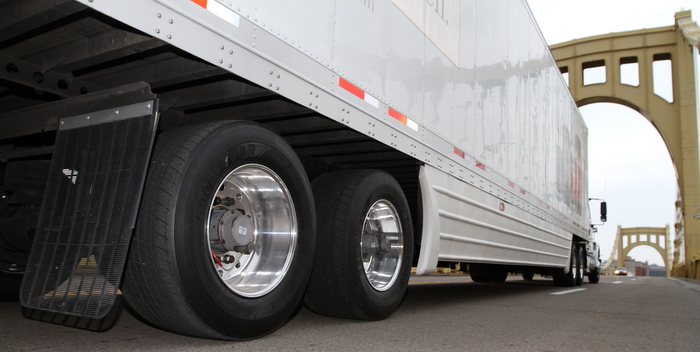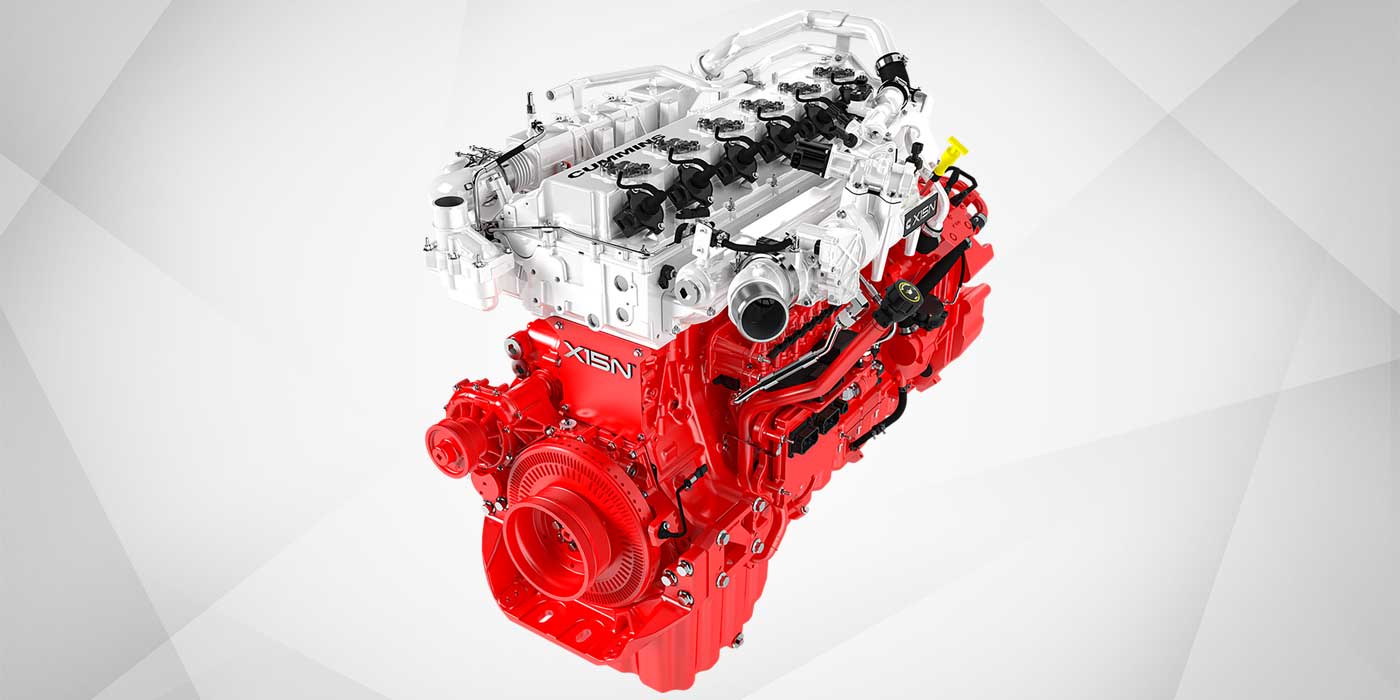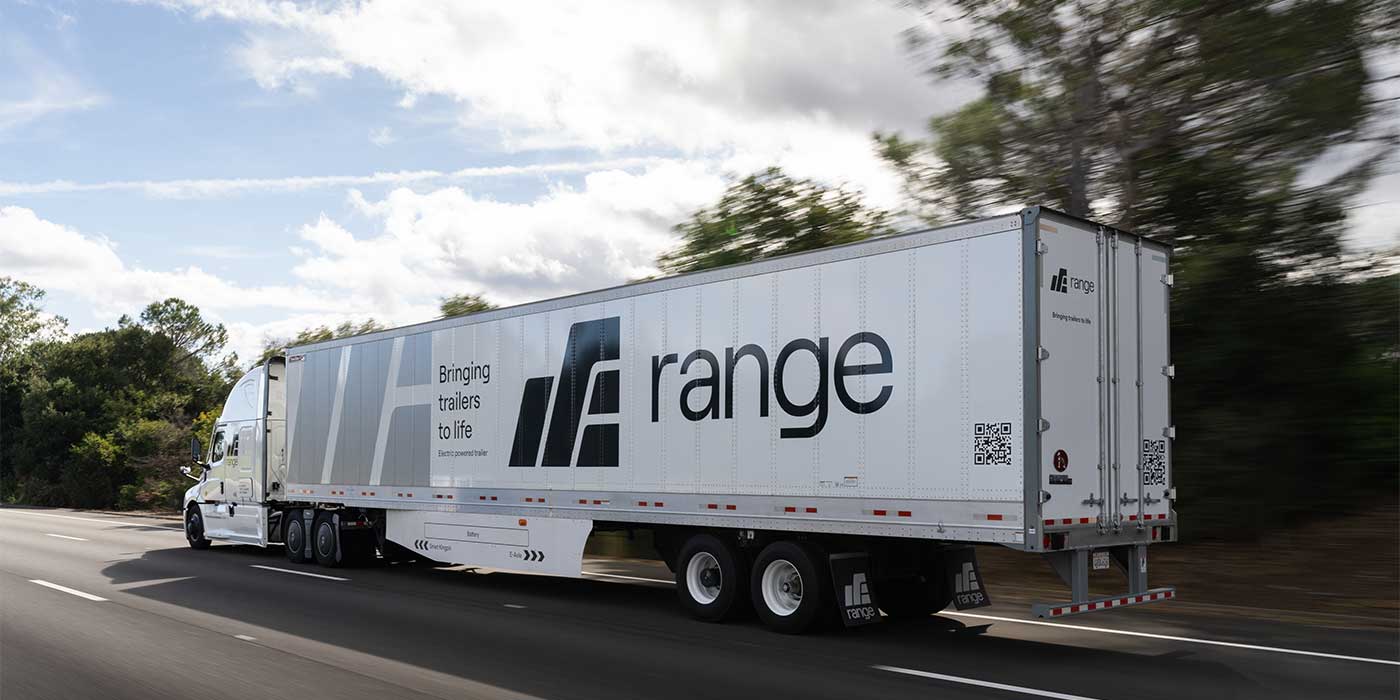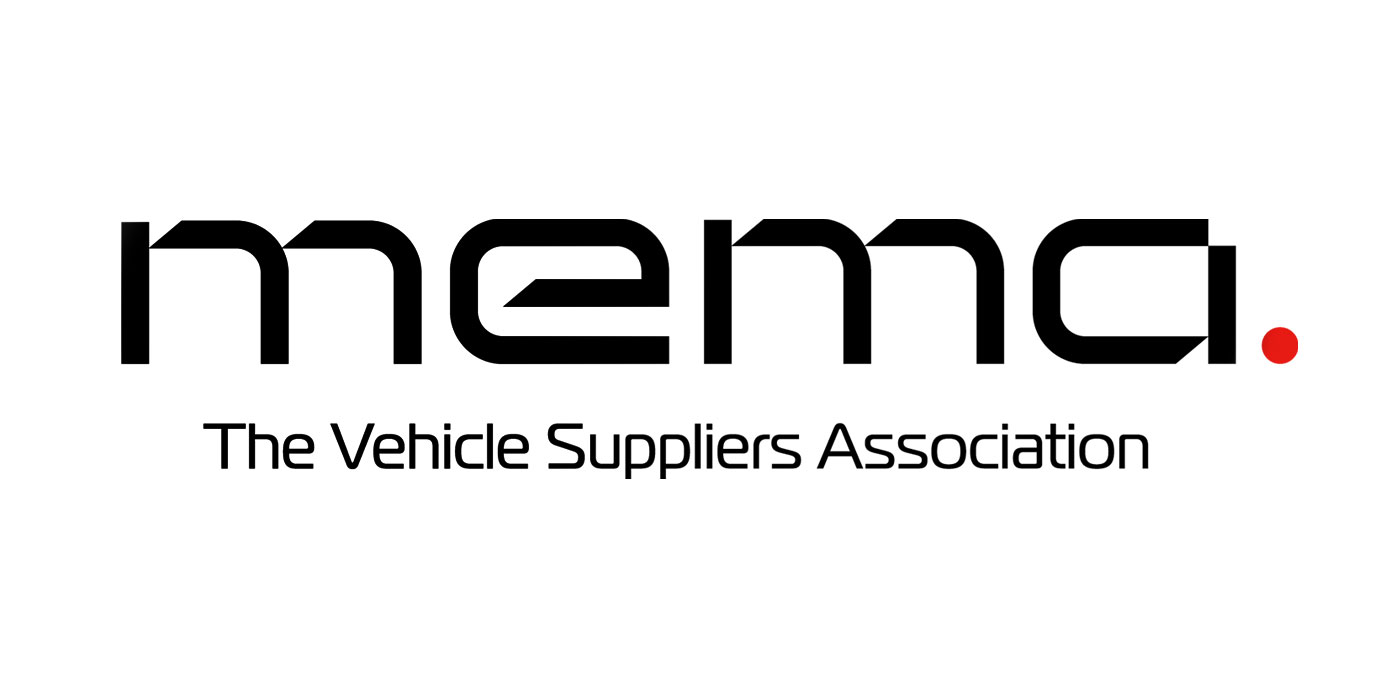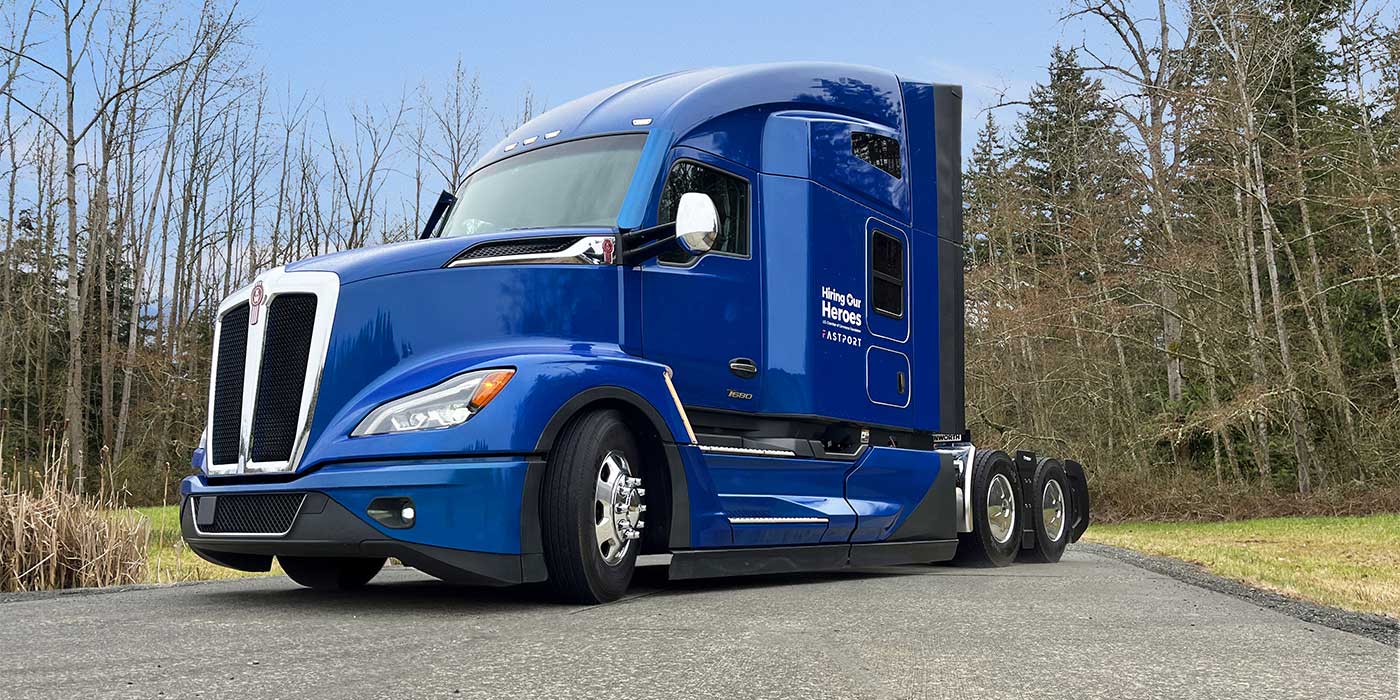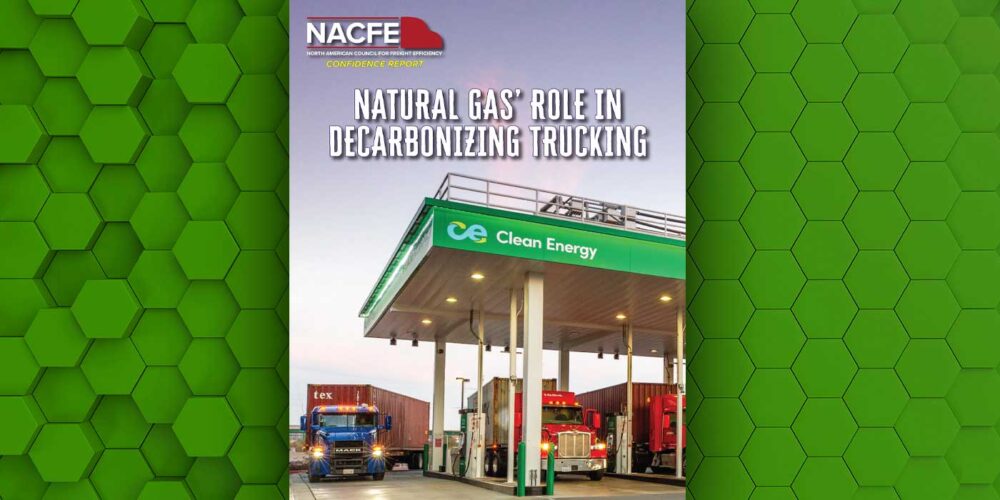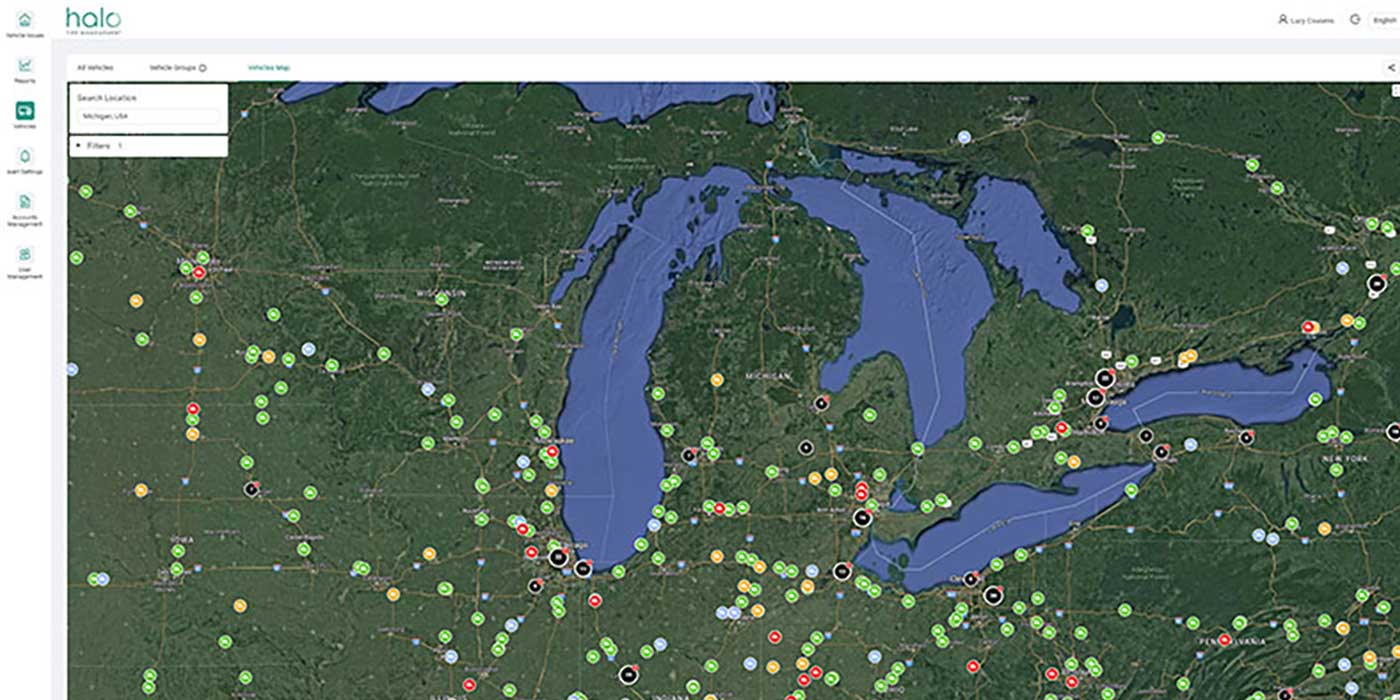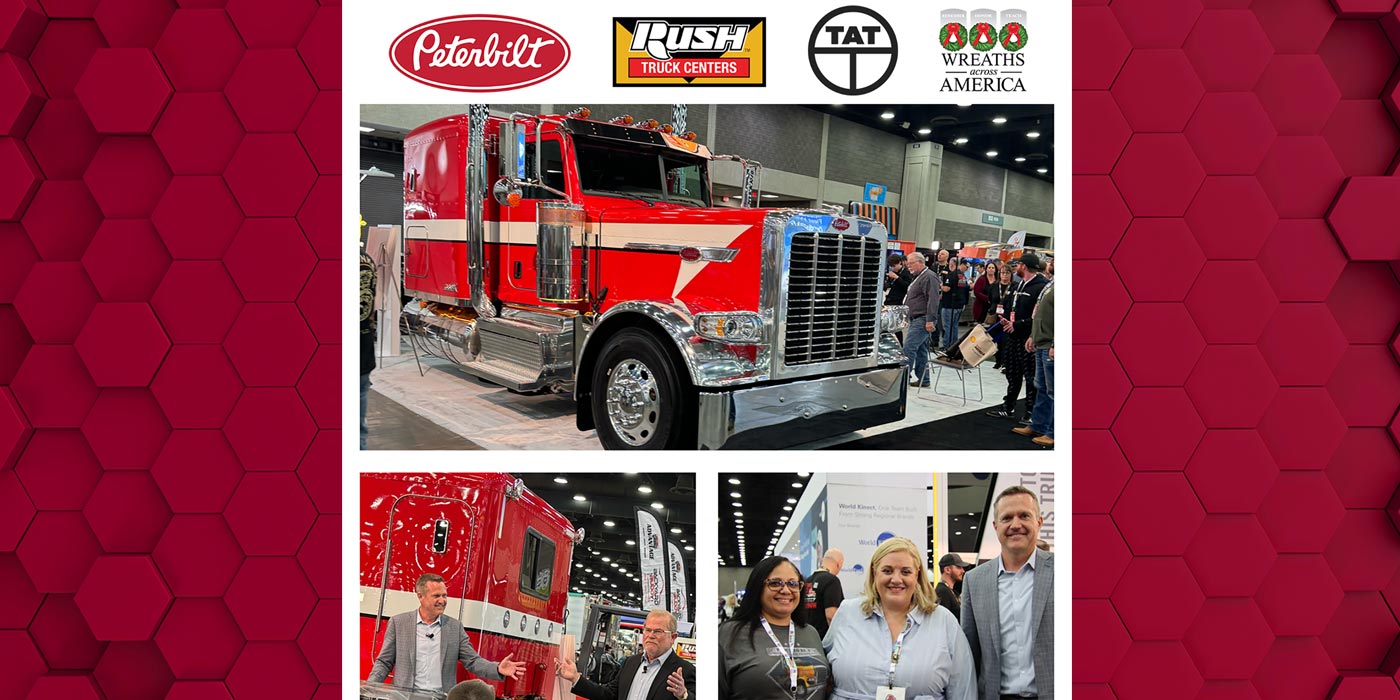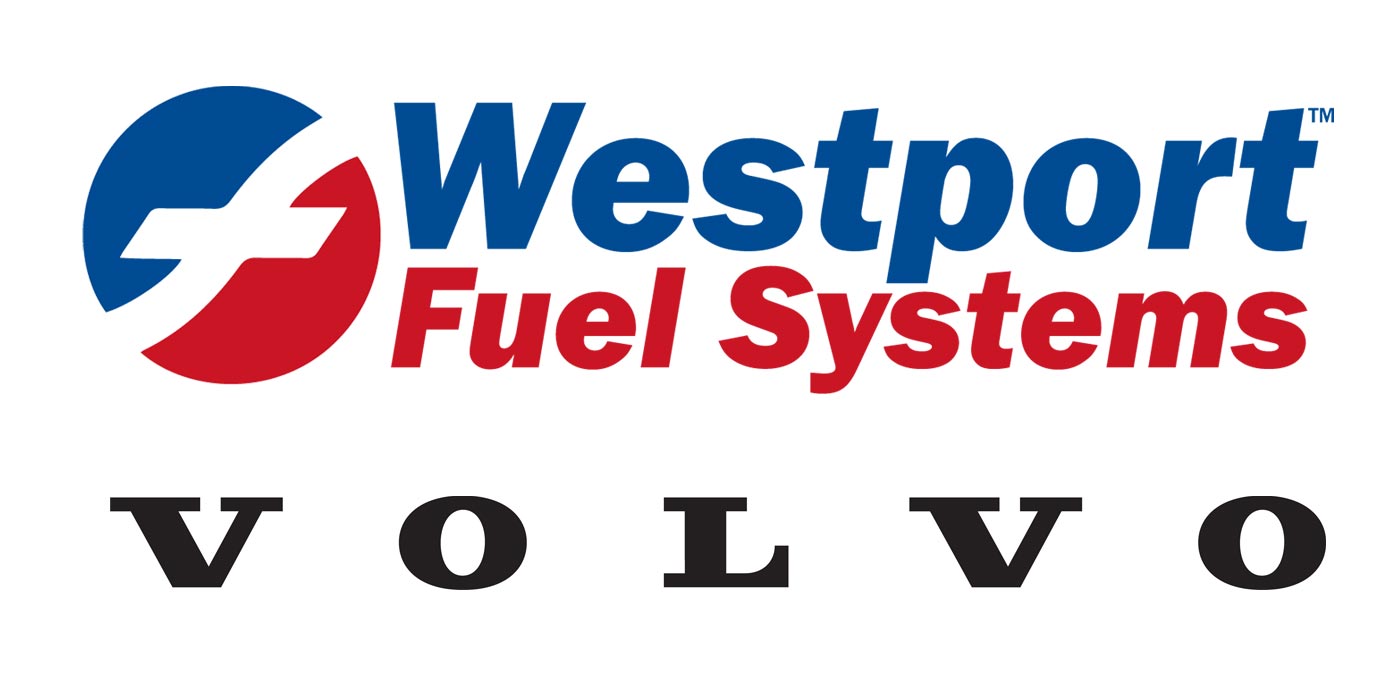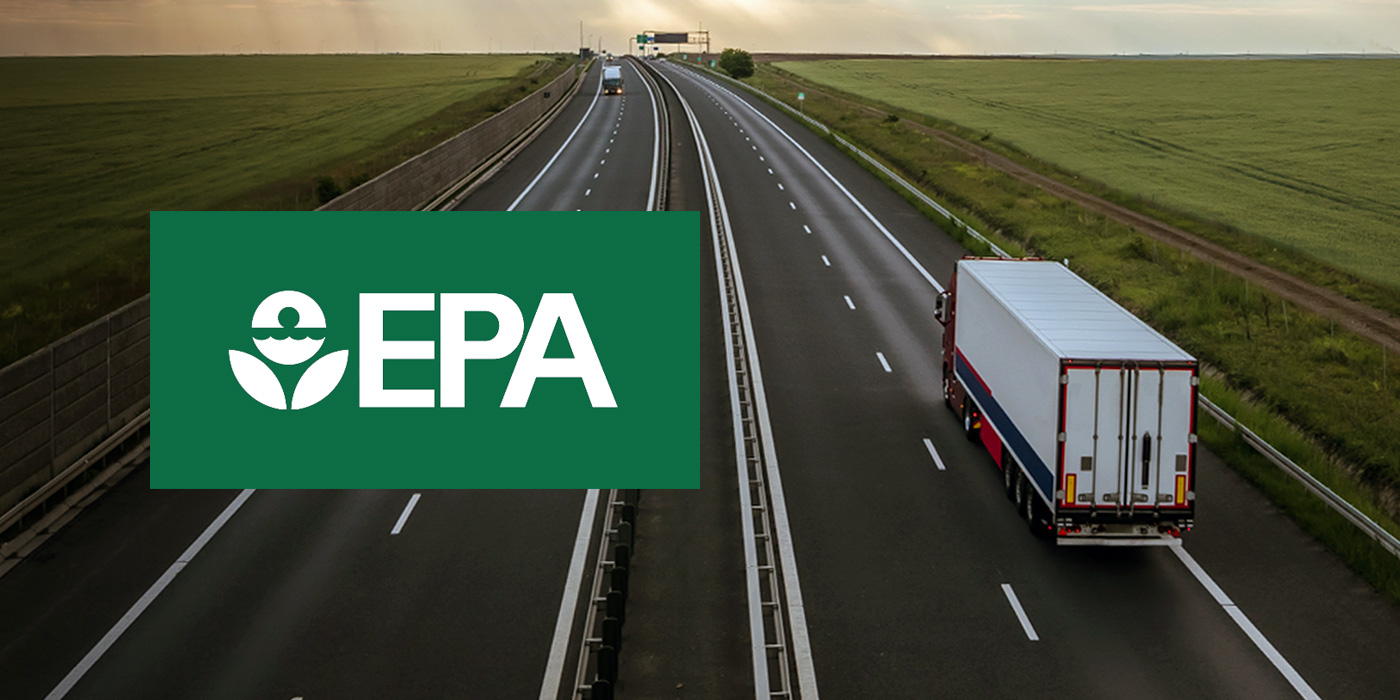In a recent meeting I was a part of, a fleet owner began by saying that the cost of rubber is down, oil is down, and his profits are down; so why aren’t tire costs down? He has a point—some fair non-bidding negotiations brought adjusted tire costs down. So why are tire costs-per-mile not coming down?
With the advent of Chinese and other offshore tires flooding the marketplace, there was some talk of imposing duty on imported tires by the federal government. But that was postponed and it probably will return in the form of future costs that we will have to pay—a new tax!
The real dilemma is that new third- or fourth-tier tires are, in some cases, cheaper than a retreaded tire. The local tire companies are turning toward many alternative services to feed the growth and survival pipeline. The retread business is facing some hard times. With the big rubber boys controlling the fleet’s sale price of new and retreads with national account programs along with the internet, the margins on retreads are thinning and dealers are faced with rising labor cost for repairing and servicing tires. Just as fleets are facing a driver shortage, tire companies are facing a similar shortage in tire personnel. The insurance requirements for their businesses, as well as costs for labor, fuel and truck tire repairs, are rising. For tire techs, the hourly rate is now not far from a “diesel mechanic,” and rightfully so. They help manage our second-highest cost to operate a vehicle now that emissions have leaped north of the equator.
Want to hear more from Darry Stuart? Click here to peruse his archive of columns.
Here are a few things that are happening to help feed the machine by many tire dealers:
- Going into the truck repair business,
- On site trailer repairs masked as CSA tune-ups,
- Alignment programs,
- AC repairs,
- Selling parts,
- Almost anything truck or trailer related,
- Aggressive attractive mechanical hourly rates billed at flat rate dollars.
Here are some silent business decisions that are now surfacing for greed, increased revenue or survival:
- Hourly rates climbing to over $100 per hour for a tire service calls,
- Minimum of two hours for the out call, on the road or in your yard,
- Tires mount and dismount fees exceeding $30 each,
- No more free yard checks for tires,
- No more free tire analysis,
- Extra charges for an inside tire repairs,
- Fuel surcharge,
- No more free fleet tire surveys,
- No more little extras,
- Disposal fees increasing,
- Numerous nail hole repairs,
- Extra charge for aluminum rim mounting care,
- Valve stem and replacement fees,
- Environmental charges,
- Phone and freight,
- After hours fees,
- Mileage fees,
- Larger section repairs,
- Aggressive grinding during mounted tire programs,
- Less aggressive marginal repairs,
- Cautious tire repairs,
- Increase rim refurbishing costs,
- Flat-rated services near $100 per hour,
We have outsourced for years, given up control and economically chosen to use services that still are less expensive than having a full-time tire tech on staff. Although this is a tough pill to swallow with some of the flat-rate and hourly costs skyrocketing, survival is now replacing services we once enjoyed at a lower cost. Be careful when you “bid” for existing services, you may be opening a Pandora’s Box of higher costs. Loyalty may have a more important place now with your tire service provider. I say choose survival, not greed.

